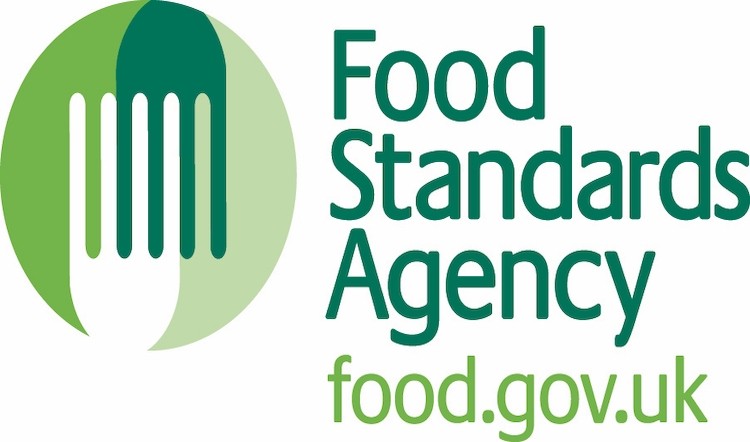FSA highlights research priorities

The FSA unveiled the Areas of Research Interest (ARIs), claiming it uses the latest scientific evidence to address emerging risks and to ensure the food safety regulation framework is “modern, agile and represents consumer interests”.
Earlier this year, the FSA reiterated its commitment to putting consumer interests at the forefront of any future discussions on trade, the National Food Strategy and work on allergies and intolerances
It also revealed that its research had concluded that food was responsible for 2.4m illnesses per year.
The FSA said it would focus on how it can protect the UK consumer from the health risks posed by food hypersensitivity, including allergies and intolerance. It will develop its understanding of the biological and clinical manifestation of food allergy, its diagnosis, socio-economic impact and behavioural insight to aid the mitigation of impact.
Protect consumers
At the heart of its role was the need to protect consumers from food safety risks and ensure high food standards, it said. Core to this would be to look at the impact of chemical contaminants (including nanomaterials and microplastics) in food. Further priorities in this area would be reducing the impact of foodborne pathogens, improving the evidence base concerning Antimicrobial Resistance (AMR) and food and looking at the role of food safety and standards in nutrition and health.
With its innovation in food regulation focus the FSA said it must be able to develop and take advantage of new approaches to support its work including adopting technological advances from areas such as diagnostics and digital tools and data analytics. It would also need greater insight into the behaviour of consumers and the food businesses that supply them, it said.
The FSA said the emergence of COVID-19 and the subsequent pandemic has put immense strain on the food system and tested its resilience. There needed to be research and evidence to understand the potential for disruption in the food system, it stressed.
Changes in behaviour
It highlighted changes in behaviour and practice linked to COVID-19, the introduction of novel foods and approaches to help counter the negative impact of food crime.
The FSA said to achieve these research priorities it aimed to build and extend collaborations with other Government departments, devolved administrations, local authorities, industry, consumers and groups that represented them.
It aims to engage with universities and other research providers working at the “cutting-edge of innovation” by commissioning research, co-designing new projects and supporting fellowships and scholarships.
It wants to sustain and improve the access to and use of expert networks, including Scientific Advisory Committees and develop joint initiatives with UK Research and Innovation and other funders.
It would also identify opportunities for testing research and development to assure high standards of capability and capacity for food safety sampling. This would involve the Official Control Laboratory system, supported by the UK’s Food and Feed National Reference Laboratories.
Chief scientific adviser, professor Robin May, said: “A strong, scientific, evidence-based approach has been, and will always be, integral to our mission to ensure food is safe, is what it says it is, and to empower consumers to make informed choices in relation to food.
“Our ARIs outline the range of scientific research providing evidence for our policy, advice and operations, highlighting current strategic priorities. The themes presented form the backbone of our future research and development programme ambitions, and will be used to promote engagement between with other government departments and the wider academic community to address crucial and shared areas of interest.”
Earlier this month the ex-chief executive of the FSA Tim Smith was named as the chair of the new Trade and Agriculture Commission.
















